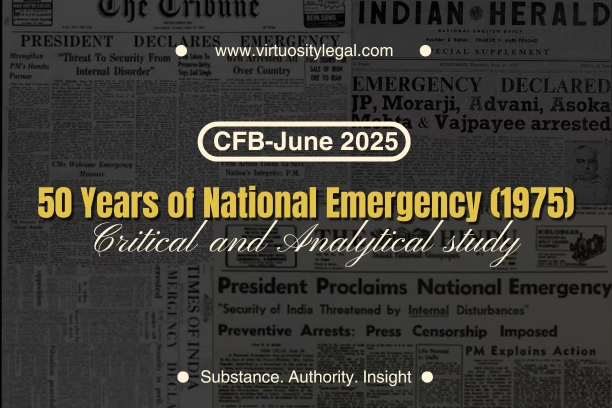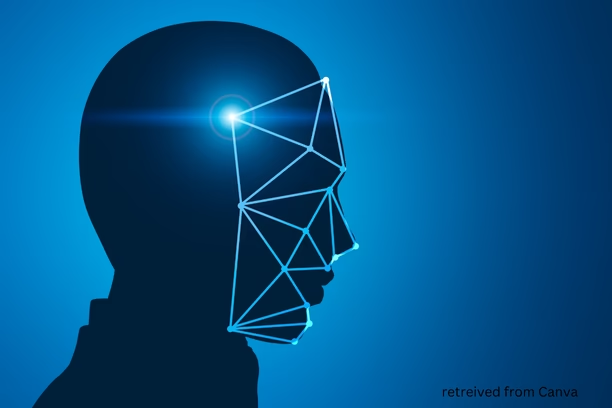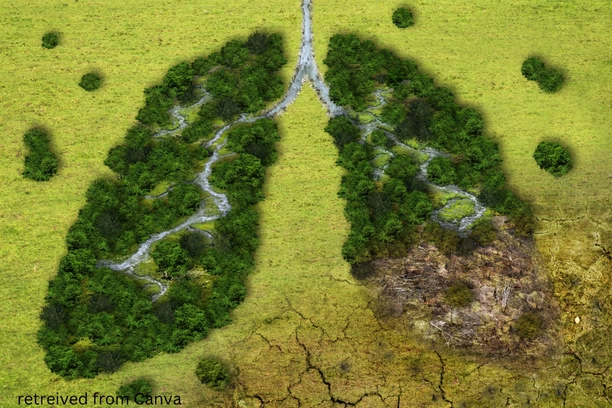June 2025 Issue
-

Justice Deferred: The Quiet Crisis of India’s Dispute Resolution System | Adv. Talha Abdul Rahman writes for Virtuosity Legal
Justice in a democracy is not an optional service—it is a foundational promise. Yet, the Indian legal system today reflects a sobering contradiction: while there is abundant enthusiasm for alternatives like arbitration and specialized commercial courts, there is conspicuous neglect in strengthening the primary public system of dispute resolution. The result is a fragmented legal…
-

Financial Orders On Divorce: Should It Not Be A Win-Win Situation?
The above-mentioned question suggests that normatively financial orders should strive towards ensuring that parties have neither gained nor lost financially as a result of the relationship. This is premised on the assumption that financial orders in fact in the first place, can ensure parity between parties. This assumption is sought to be challenged through this…
-

India’s Slow March Back to ADM Jabalpur
50 Years Later, What Have We Learned? This year marks the 50th anniversary of the National Emergency imposed by Prime Minister Indira Gandhi under Article 352 of the Indian Constitution. This 21-month period is often touted as the “blackest era” in India’s democratic history. During this phase, several constitutional provisions and laws such as the…
-

Facial Recognition: A Crime Fighter or Civil Rights Threat?
Abstract Facial recognition technology is rapidly being adopted by law enforcement agencies worldwide, including in India, to enhance criminal detection and surveillance. While it promises efficiency and accuracy in identifying suspects, its unchecked use raises grave concerns about privacy, misidentification, algorithmic bias, and a lack of legal safeguards. This article critically examines the dual nature…
-

The Forest Amendment Act 2023: A Constitutional Challenge to Tribal Rights
Abstract The Forest Conservation Amendment Act, 2023, represents a fundamental shift in India’s forest governance framework, transforming it from a conservation-focused regime to a development-facilitating mechanism that systematically excludes forest-dwelling communities from decision-making processes. This analysis examines how the Amendment’s key provisions—territorial exemptions through arbitrary cut-off dates, blanket permissions for development activities, and expanded administrative…
-

“Scandalising The Court”: A Colonial Relic In The 21st Century
In the world’s largest democracy, the judiciary occupies a revered position as the sentinel of constitutional values. Yet, its enduring authority to punish for criminal contempt, particularly through the archaic and amorphous doctrine of “scandalising the court”, invites renewed scrutiny in 2025, a year marked by both institutional introspection and public unease. Under Section 2(c)(i)…
-

Constitutional Disruptions And Institutional Amnesia: A Study Of India’s Democratic Fragility
Abstract “If I see the constitution being misused, I shall be the first to burn it.” This is a well-renowned quote from Dr. B.R. Ambedkar, which incorporates the essence of possible misuse of the constitution and the chances of constitutional breakdowns. India is widely accepted as the largest among democracies and a country that incorporates…
-

Legal Dilemmas in Health Data Protection in India
Abstract Data protection has occupied a major space in legal discussions. This emerging field of law does not only guarantee the fundamental right to privacy as held in K.S. Puttaswamy v. Union of India, but it also guarantees the evolution of this right. This evolution extends to the special treatment of health-related data of individuals.…
-

Implications Of National Emergency On The Enforcement Of Article 19: A Constitutional Analysis
The Indian Constitution, the supreme regulatory document in the country, provides its citizens with fundamental rights under Part III. Fundamental rights are a set of basic human rights that are essential for a person to live his/her life with dignity. While the constitution provides the citizens with these rights it also has made certain provisions…
